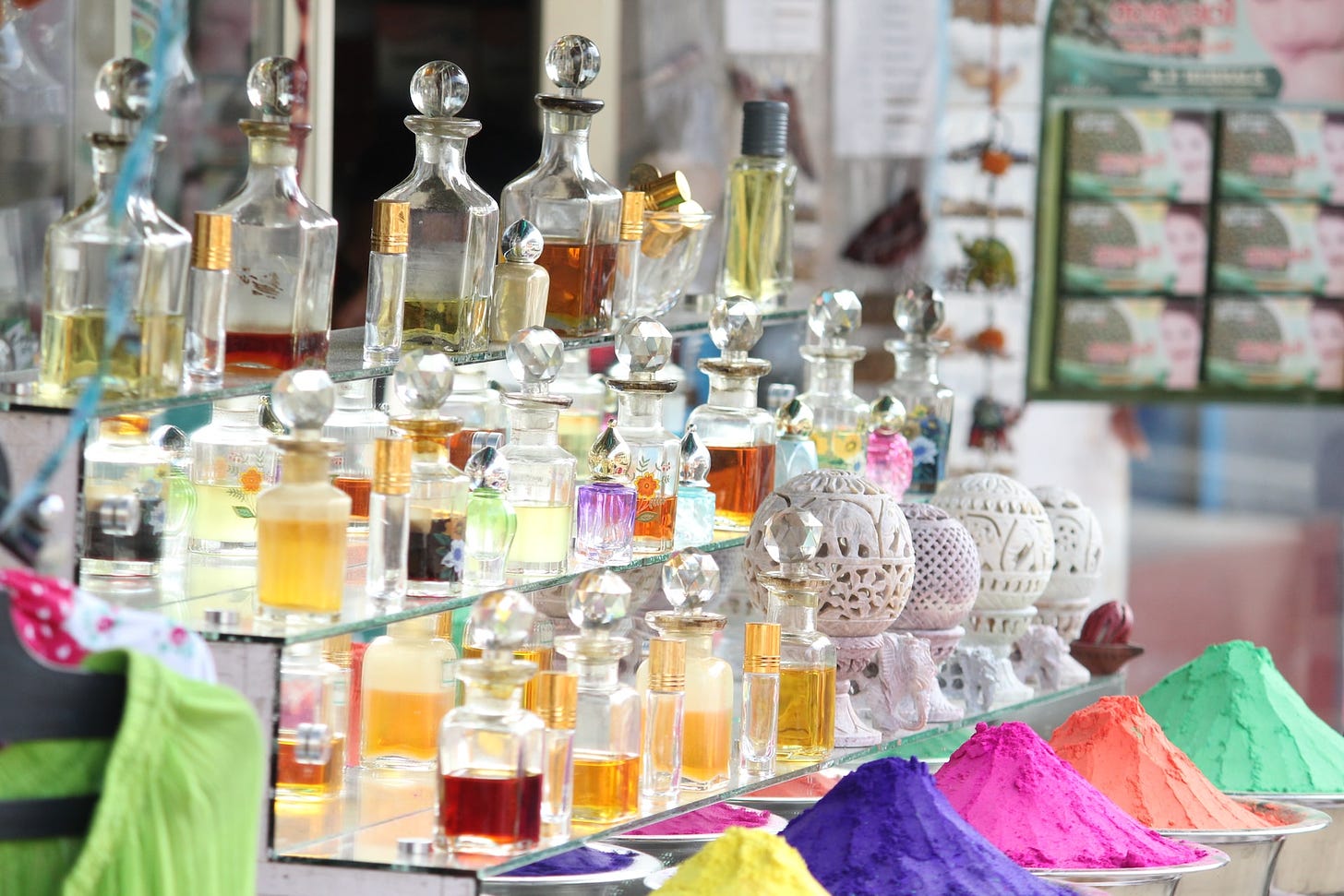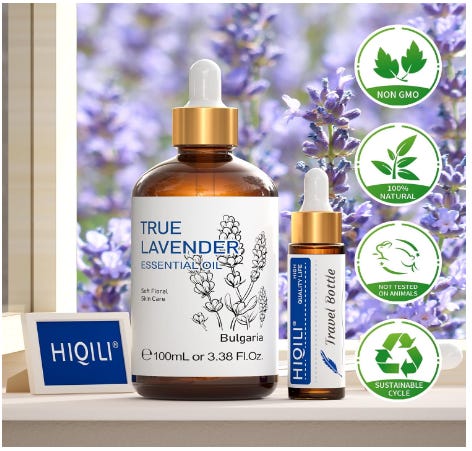Beauty industry gets kinder, more ethical makeover
Cruelty-free consumers are changing the status quo

Walk into a Victoria’s Secret store, and man’s best friend is everywhere. That pink dog is wagging its tail all over the place — on Victoria’s Secret signs, athletic attire, bras, underwear and even in the middle of their body wash sponges. But four-legged animals are not a top priority on the VS Angel inventory list when it comes to their beauty line.
And for animal advocating shoppers, that’s a major problem.
While Victoria’s Secret continues to test their beauty products on animals, retailers such as Bath & Body Works prominently advertise that their skin products are cruelty-free. And Victoria’s Secret Angel credit card holders who are animal advocates can stroll over to the sister store (usually found in malls) to use their Angel credit card there instead.
The two retail stores, both owned by L Brands Inc. (formerly Limited Brands), provide the opportunity for Angel credit card holders to splurge on products in their physical stores and online. And for consumers who want to enjoy a plethora of cruelty-free candles, lotions, body washes, hand soap, and other cosmetic and home products, this gives them that option. Bath & Body Works customers don’t earn Angel Rewards points for coupons and freebies though.
So is this retail duo a win-win for customers who care about cruelty-free products and enjoy such a well-known name in lingerie? Maybe.
Behind Bath & Body Works cruelty-free stance
According to Bath & Body Works official site: “Bath & Body Works does not test any of our branded products, formulations or ingredients on animals. Period. The brand is expecting to pilot selling products in China during the summer of 2019. Any personal care products sold in China will be produced in China, which eliminates the Chinese government’s requirement for animal testing as that only applies to imported personal care products. Personal care products sold in the rest of the world are produced in North America, Europe and South Korea.”
“Our company continues to support the Institute for In Vitro Sciences (IIVS) — a non-profit research and testing laboratory dedicated to the implementation and regulatory acceptance of non-animal methods. We share their mission to eliminate animal testing worldwide. As part of their work, IIVS is collaborating with the Chinese government to assist them in adopting non-animal methods.”
When retailers take such a hard stance on animal testing, consumers don’t have to do the work of reading each bottle. Although finished beauty products in China are not required to be tested on animals anymore, there still is no outright ban on animal testing.
Meanwhile, People for the Ethical Treatment of Animals (PETA), among others, has created a guide to help consumers learn which personal care items are vegan, cruelty free and/or are working toward regulatory change. And that list is 86 clicks long.
But considering Victoria’s Secret is far more popular for their lingerie lines versus anything else in their stores, why should their beauty line matter? And do consumers even care?
Judging from a recent Perfect365 survey, which asked 17,000 app users between the ages of 18 to 34 about cruelty-free brands overall, it’s a mixed bag. Here are some of the results:
36% only purchase cruelty-free products
15% occasionally purchase cruelty-free products
40% aren’t sure if their beauty products are cruelty-free
However, 42% of the surveyors would stop using a product if they found out it was tested on animals. While PETA’s cruelty-free checklist is easily searchable online, only 24% use the site to verify whether beauty brands are cruelty-free. Meanwhile manufacturers who do still test on animals are sticking to their guns—to them, human health trumps an animal’s health. And with very few states regulating animal testing, it’s not like animal-testing companies are getting into major trouble for it.
But if sister stores such as Victoria’s Secret and Bath & Body Works sell some of the same kind of merchandise, why wouldn’t one want to match the beauty ethics of the other? As long as consumers (like the remaining 58% in the Perfect365 survey above) wouldn’t stop buying their products due to animal testing, retailers with animal-testing beauty products don’t particularly have to.
ADVERTISEMENT ~ Amazon
As an Amazon affiliate, I earn a percentage from each product purchased using my referral link.
Cruelty-free beauty products are becoming the global standard
In a report released this month, Market Research Future analysts believe that the global cruelty-free cosmetics market size will reach $10 billion by 2024. The growth rate is also guesstimated to increase by 6% between 2019 to 2024.
Customers themselves have grown partial to cruelty-free cosmetics both due to environmentalism standards and the harmful effects on animals. In 2018, the Cruelty-Free Cosmetics Act was signed into law in California. The law makes it unlawful for cosmetic manufacturers to sell any cosmetic in California if the final product or any component of the product was tested on animals after January 1, 2020. (There are some exceptions for regulatory requirements.)
Years prior, in 2013, the European Union (EU) banned the testing of cosmetics on animals in EU countries. Marketing and cosmetic sales for animal-tested products made outside of the EU were also banned. Guatemala, India, Israel, New Zealand, Norway, Switzerland, Taiwan and Turkey also instituted bans on animal testing.
Health-conscious retailing isn’t just gaining in popularity when it comes to vegan burgers and plastic bag bans. Overall, conscious consumer shopping is driving its way to the top of the retail hill.
In the United States alone, consumers are eyeing cruelty-free cosmetics markets from:
A Kendo Holdings, Inc.
If cruelty-free merchandise and conscious consumerism continue to fight their way to the top, it’s safe to say that other retailers who want to keep their customers will follow suit. Then again, Victoria’s Secret has been around for 42 years, longer than all the U.S. beauty markets mentioned above (minus Physicians Formula Holdings., Inc., which was founded in 1937). With age comes wisdom, but it may take the wisdom of consumers to make older stores change their business practices.
(Note: This post was originally published as an Upwork freelancer for RETHINK Retail.)
Did you enjoy this post? You’re also welcome to check out my Substack columns “Black Girl In a Doggone World,” “BlackTechLogy,” “Homegrown Tales,” “I Do See Color,” “One Black Woman’s Vote” and “Window Shopping” too. Subscribe to this newsletter for the monthly post on the third Thursday.
If you’re not ready to subscribe but want to support my writing, you’re welcome to tip me for this post! I’ll buy a dark hot chocolate on you. Thanks for reading!





